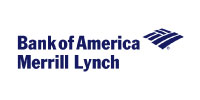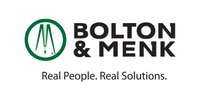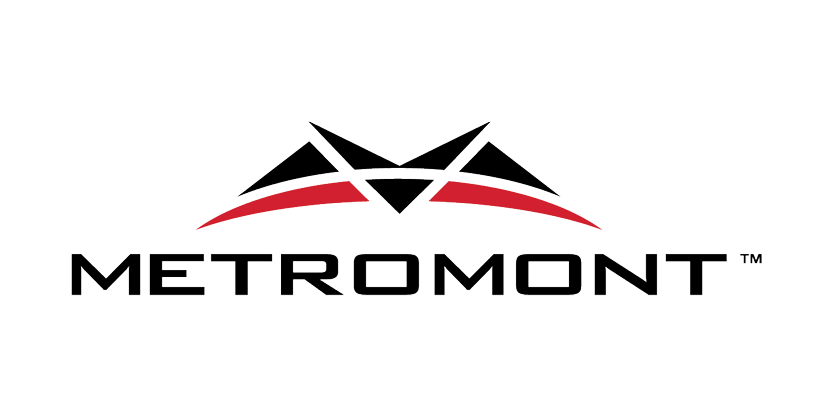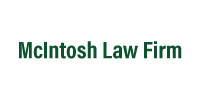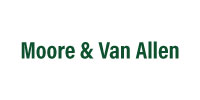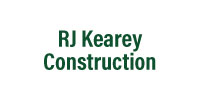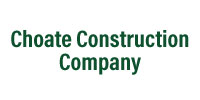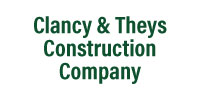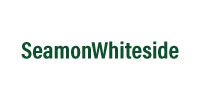Originally published by Matthew Goelzer and Maribel Barba for the Spring 2023 Issue of NAIOP Development Magazine.
A one-of-a-kind Costco arises in a Mexico City neighborhood.
Imagine playing soccer or shooting hoops on the outskirts of Mexico City while atop a 524,549-square-foot Costco Wholesale project. Built on a landfill, this unique retail warehouse, parking structure and loading bay is almost completely hidden from public view.
In addition to the soccer field and basketball courts, the Costco also houses a children’s roller park and a green roof, which are designed to meld into the neighboring landscapes and serve the community. A pedestrian bridge and walking/running path connect the sports facilities to the adjacent Parque La Mexicana, integrating the new installation with the urban park’s sprawling recreational offerings.
It’s not news that large parcels of developable land can be difficult to come by in dense urban areas. Finding a location in burgeoning Santa Fe, once a sand quarry, then a construction landfill, and now an economic hub dotted with high-rises outside Mexico City, was no small challenge.







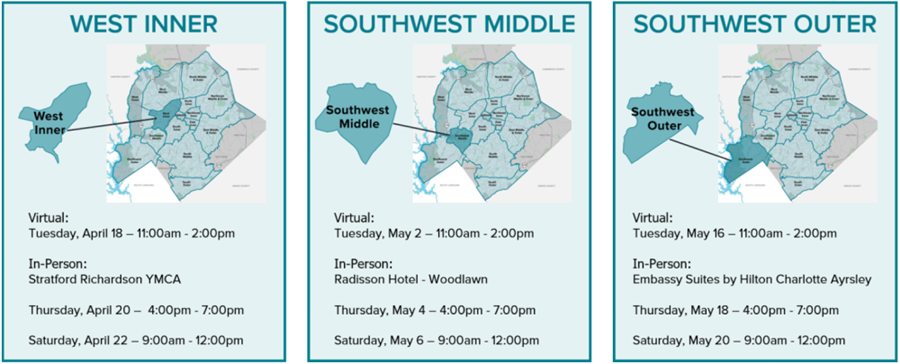

 Erin Shaw is slated to become the newest member of the Charlotte Mecklenburg Planning Commission as she received seven recommendations during last night's Council meeting earning her an automatic appointment. Erin is a Managing Director with Beacon Partners, a REBIC Member, serves on the Charlotte Region Commercial Board of REALTORS®, a participant in the Urban Land Institute National Development Council, and is a member of NAIOP. She will add a wealth of experience to the commission.
Erin Shaw is slated to become the newest member of the Charlotte Mecklenburg Planning Commission as she received seven recommendations during last night's Council meeting earning her an automatic appointment. Erin is a Managing Director with Beacon Partners, a REBIC Member, serves on the Charlotte Region Commercial Board of REALTORS®, a participant in the Urban Land Institute National Development Council, and is a member of NAIOP. She will add a wealth of experience to the commission. 